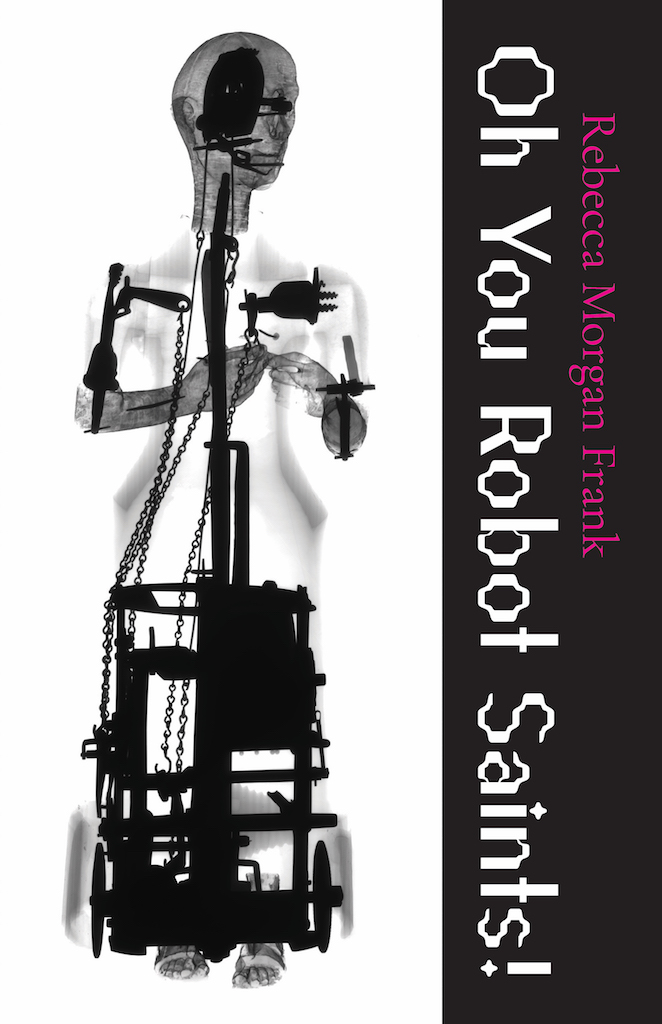A hawk from a handsaw
The truth is that either one cancut the flesh and rip in jaggedprecision. Each one can dependon a hand extended: the falconer’sfalling glove, the worker’s callous.The truth is in the job, not the wound.For to the manner born, the reachknows its risk. You can keepthem both in the shed behind the house,feed one and oil the other.That which in you that was cutfrom flight, that which severed.
Feature Date
- March 24, 2021
Series
Selected By
Share This Poem
Print This Poem
“A hawk from a handsaw” from OH YOU ROBOT SAINTS!: by Rebecca Morgan Frank.
Published by Carnegie Mellon University Press 2021.
Copyright © 2021 by Rebecca Morgan Frank.
All rights reserved.
Reproduced by Poetry Daily with permission.

Brian McConkey
Rebecca Morgan Frank’s fourth collection of poems is Oh You Robot Saints! (Carnegie Mellon, 2021), which follows Sometimes We’re All Living in a Foreign Country, The Spokes of Venus, and Little Murders Everywhere, a finalist for the 2013 Kate Tufts Discovery Award. She is the recipient of such support as the Poetry Society of America’s Alice Fay di Castagnola Award and a Mississippi Arts Commission Fellowship. Her poems have appeared in The New Yorker, American Poetry Review,The Kenyon Review, and elsewhere, and her collaborations with composers are performed widely. She is co-founder and editor of Memorious and teaches in Northwestern University’s MFA Program in Prose and Poetry.

Pittsburgh, Pennsylvania
"Rebecca Morgan Frank’s Oh You Robot Saints! wrangles with what it means to be a person by exploring the history of robotics in evocative detail. The poems wonder if robots—mechanical ones and spiritual ones—mimic creation itself. Poem after poem reveals profound and frightening thinking-through of using robots as a means to talk about more human things: fertility, mothers, and children (and their absences) and what sacrifices robots may make in their saintly and human forms. This is a weird and interesting book and you should read it."
—Sean Singer
"'The truth is in the job, not the wound' is one of my favorite lines in Rebecca Morgan Frank’s daring Oh You Robot Saints!, a book in which the beauty, jealousy, and worship of the gods take center stage. Part of the precision of this book and every one of its lines has to do with Frank’s commitment to showing us tragedy as the Greeks would through her indomitable use of second person like a director giving instructions: 'Fill the ark: start / with the giant flower / beetle . . .' And part of it has to do with full-on Sapphic tenderness: 'The women I’ve loved and lived with are dead, / and today it felt like spring might return.' This volume proves Rebecca Morgan Frank is a poet of the exact and the harrowing.
—Jericho Brown
Poetry Daily Depends on You
With your support, we make reading the best contemporary poetry a treasured daily experience. Consider a contribution today.



